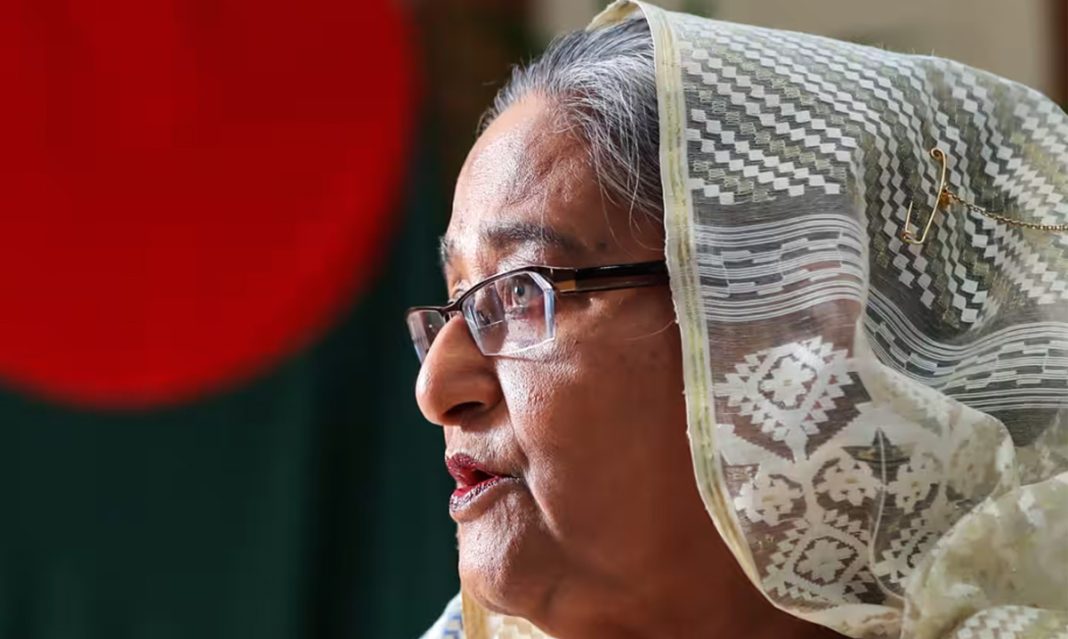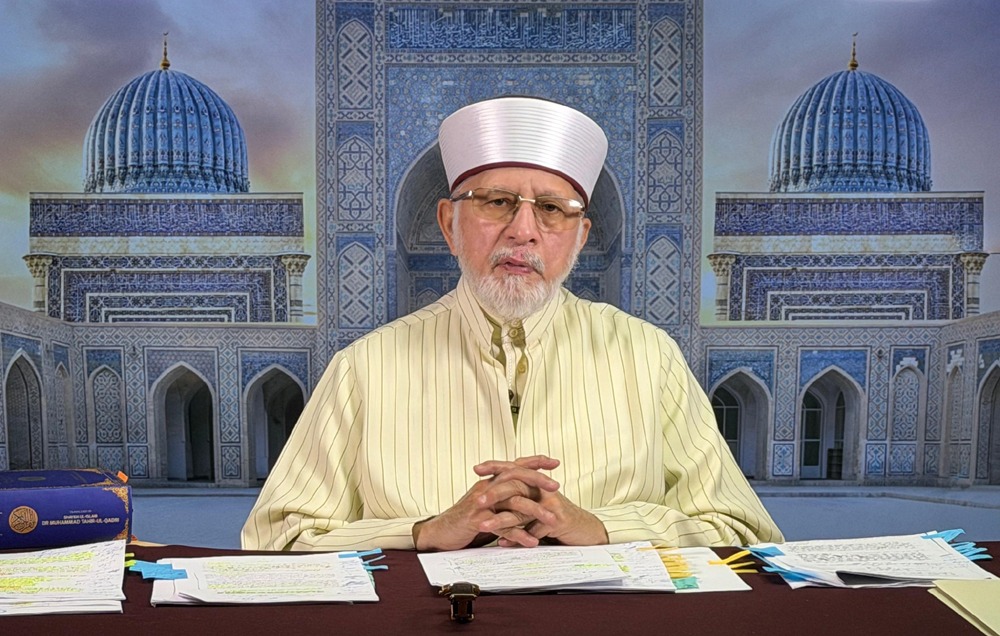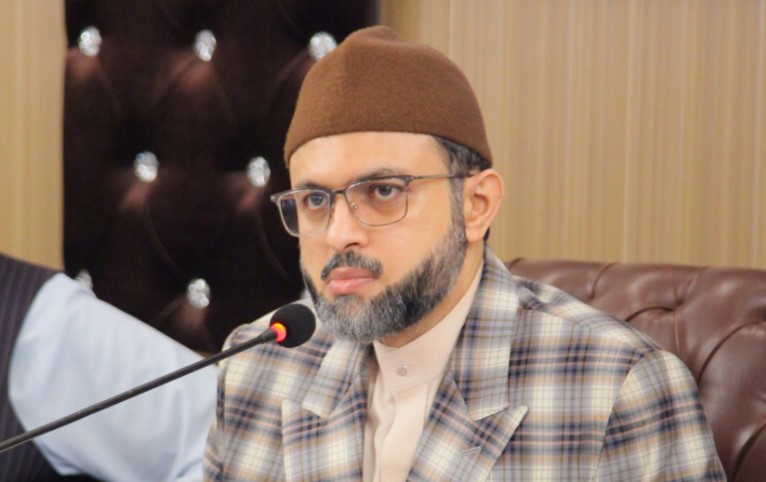The International Criminal Court in Bangladesh has sentenced 78-year-old former Prime Minister Hasina Wajid to death for crimes against humanity, and former Interior Minister Asaduzzaman Khan Kamal has also been sentenced to death for crimes against humanity.
According to the news agency ‘Reuters’, the International Criminal Court in Dhaka, the capital of Bangladesh, delivered the verdict against the former prime minister in her absence, amid tight security arrangements.
The court sentenced Hasina to life imprisonment on charges of human rights violations and the death penalty for the murder of several people during the uprising.
Applause and cheers were heard inside the court after the death sentence was pronounced, a decision that can be challenged in the Supreme Court.
Read More:
However, Hasina’s son and advisor Sajib Wajid told Reuters a day before the verdict that he would not appeal until a democratically elected government, including the Awami League, was formed in the country.
According to Al Jazeera, the court said in its verdict that ‘According to charge number one, Prime Minister Sheikh Hasina violated human rights by issuing orders that incited the people and failing to take necessary measures.’
The court added that ‘According to charge number two, Sheikh Hasina committed another crime against humanity by ordering the use of drones, helicopters and lethal weapons.’
According to the news agency ‘AFP’, Judge Ghulam Murtaza Majid Majumdar read out the verdict in a packed court in Dhaka that Hasina Wajid was found guilty of three charges, including incitement, ordering the killing, and negligence in preventing atrocities.
“We have decided that she will be given only one punishment and that is the death penalty,” the judge said.
Former interior minister also sentenced to death
The special court also sentenced former interior minister Asaduzzaman Khan Kamal to death for crimes against humanity.
A United Nations report stated that about 1,400 people were killed and thousands injured in security forces’ firing during anti-government protests between July 15 and August 5 last year, which was the worst political violence in Bangladesh since the 1971 war of independence.
Sheikh Hasina left Bangladesh in August 2024 and is living in exile in New Delhi.
Hasina, 78, had refused to return from India to appear in court, defying court orders to determine whether she ordered a deadly crackdown on student-led protests in August 2024 that led to her dismissal.
Bangladesh has been in political turmoil since the fall of Hasina’s authoritarian rule, and violence has also worsened the campaign for elections due in February 2026.
When the verdict was set last week, Chief Prosecutor Tajul Islam told reporters that “justice will be served according to the law.”
“We hope the court will act wisely, the thirst for justice will be quenched and this verdict will mark the end of crimes against humanity,” he added.
Prosecutors had charged Sheikh Hasina with five charges, including failing to prevent the killing, which falls under the category of crimes against humanity under Bangladeshi law.
The court heard evidence in absentia for months, claiming that Hasina Wajid had ordered the mass killings, with Sheikh Hasina Wajid calling the case a “legal farce.”
Her co-accused include former interior minister Asadul Zaman Khan Kamal (who is absconding) and former police chief Chaudhry Abdullah al-Mamun, who are in custody and have pleaded guilty.
Hasina Wajid was provided with a state lawyer for the trial but refused to accept the court’s authority and said she denies all charges.
In a written interview with AFP in October, Hasina said the verdict was a foregone conclusion and she would not be surprised when the verdict came.
Tight security in Dhaka
Security forces were deployed around the court as the verdict date was set, and checkpoints were reinforced with armoured vehicles.
Dhaka Municipal Police spokesman Talibur Rahman said police were on high alert for Monday’s decision and checkpoints had been set up at key intersections in the capital, with about half the force, 17,000 out of 34,000, on duty.
Jahangir Alam Chaudhry, the interim home minister, told reporters that the government was prepared and there was no cause for concern.
This month, improvised explosive devices, mostly petrol bombs, were hurled at buildings, buses and Christian sites of the Muhammad Yunus government.
Bangladesh’s foreign ministry summoned India’s envoy this month and demanded that New Delhi stop giving fugitive Hasina a platform to speak to journalists and spread hatred.
Hasina Wajid is still resisting, saying in October that she was sad for all those who lost their lives in those terrible days, when students were shot in the streets. Her statements have angered many who say she tried ruthlessly to hold on to power.
Hasina also warned that the interim government’s ban on her former ruling party, the Awami League, is exacerbating the political crisis in the country of 170 million people, especially ahead of elections.




